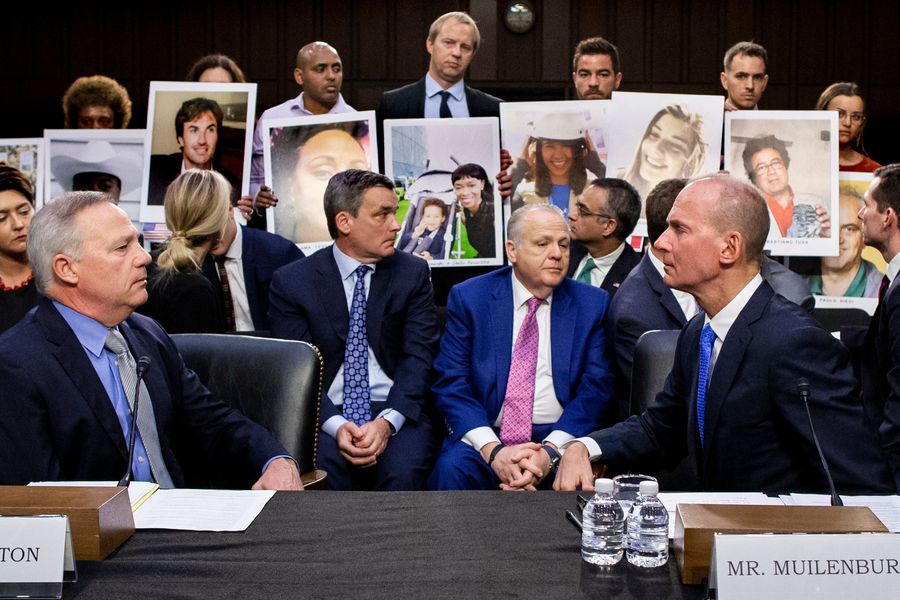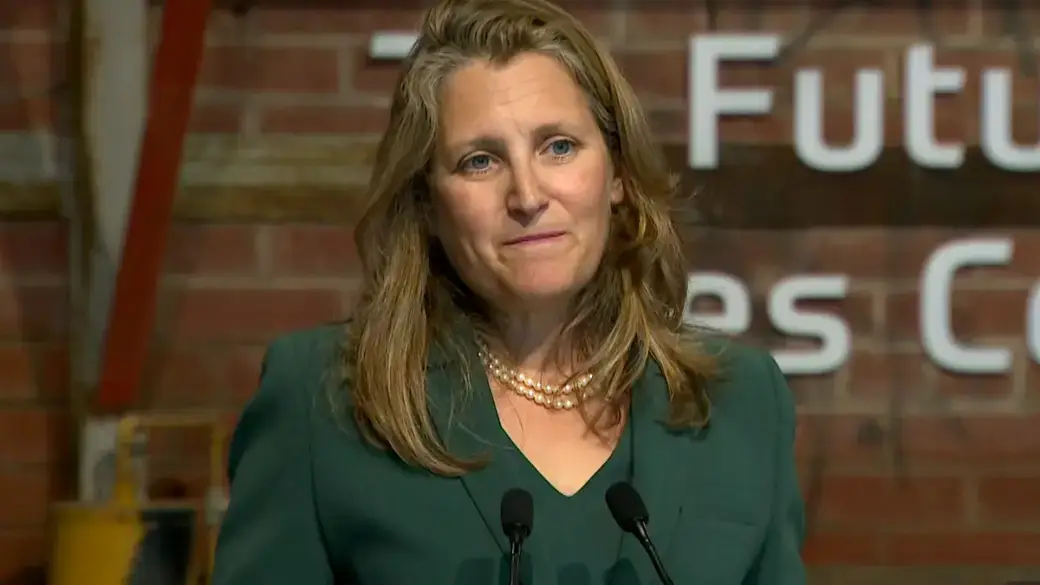Recently, Boeing’s CEO appeared before Congress to address inquiries regarding several incidents involving Boeing aircraft in recent years. During the hearing, the CEO admitted that Boeing’s corporate culture has deteriorated. This situation raises a critical question: why doesn’t the U.S. government require Boeing to recall problematic aircraft models, similar to how car manufacturers are mandated to recall defective vehicles and compensate consumers?
In the automotive industry, if a vehicle model has a defect, the manufacturer is typically required to issue a recall to fix the problem and ensure the safety of the consumers. This process not only compensates affected customers but also applies pressure on the manufacturer to maintain high quality and safety standards. It acts as a powerful lesson, emphasizing the importance of accountability and quality control.
However, when it comes to the aviation industry, the situation is quite different. Despite severe incidents and the acknowledgment of internal cultural issues, Boeing has not faced similar recall mandates from the government. This disparity in response raises several concerns and questions about the regulatory framework governing aircraft safety.
One possible reason for the lack of mandatory recalls for aircraft could be the sheer complexity and logistical challenges involved in recalling airplanes. Unlike cars, airplanes are fewer in number, significantly more expensive, and require extensive coordination for any modifications or repairs. Grounding a fleet of aircraft for an extended period could disrupt global travel and trade, leading to substantial economic repercussions.
Another factor might be the regulatory environment. The Federal Aviation Administration (FAA) oversees aviation safety in the United States and has a different approach compared to automotive regulators. The FAA might focus more on enforcing corrective actions through Airworthiness Directives (ADs), which mandate specific inspections and repairs rather than a full-scale recall. While this approach aims to ensure safety, it may not exert the same level of pressure on manufacturers to address broader cultural and systemic issues.
Additionally, the aviation industry has significant lobbying power and influence. Large corporations like Boeing have considerable resources to engage in lobbying efforts, which can impact legislative and regulatory decisions. This influence might contribute to a regulatory environment that is more lenient towards the industry compared to others.
Despite these challenges, there are compelling arguments for why the government should consider implementing recall-like measures for faulty aircraft models. Firstly, it would underscore the seriousness of safety and quality concerns, compelling manufacturers to prioritize these aspects more rigorously. A mandatory recall system could also provide a clear and transparent mechanism for addressing defects, boosting public confidence in air travel safety.
Moreover, enforcing recalls could serve as a critical lesson for Boeing and the broader industry. It would signal that no company, regardless of size or influence, is above accountability. Such a stance would likely drive a cultural shift within corporations, fostering an environment where safety and quality are paramount.
In conclusion, while the logistical and economic challenges of recalling aircraft are significant, the benefits of implementing such measures could far outweigh the drawbacks. Ensuring the highest standards of safety and quality in aviation is crucial, and holding manufacturers accountable through recall mandates could be a powerful tool in achieving this goal. The U.S. government should consider these factors and work towards a regulatory framework that places the utmost priority on passenger safety and corporate accountability.
※newzealand review©️copyrighted
Please follow New Zealand Review social media accounts. From here, you see the world!️
※新西兰全搜索©️版权所有
敬请关注新西兰全搜索New Zealand Review 在各大社交媒体平台的公众号。从这里读懂新西兰!️
了解 新西兰全搜索🔍 的更多信息
订阅后即可通过电子邮件收到最新文章。




